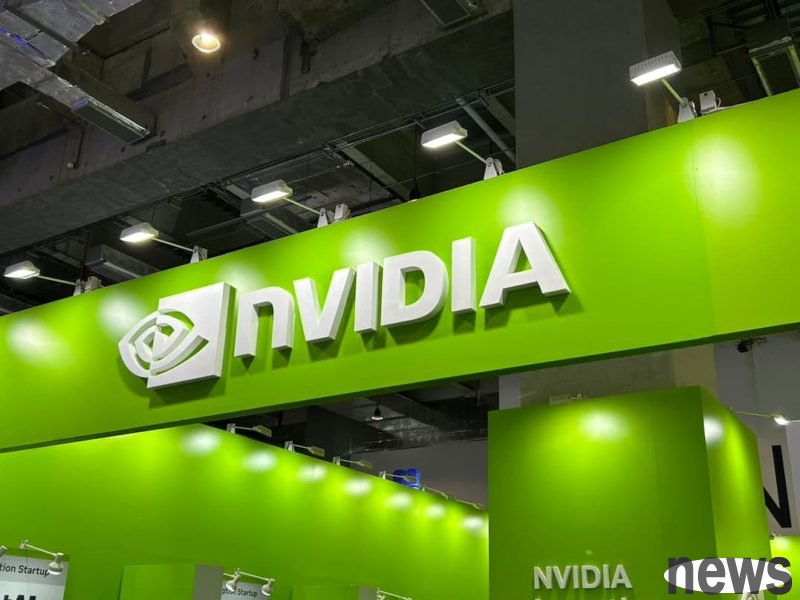According to people familiar with the matter, NVIDIA and Ultramicro (AMD) have agreed to pay 15% of their sales of specific chips in China to the US government as part of a negotiation with the Trump administration and to replace export permits. Acc...

According to people familiar with the matter, NVIDIA and Ultramicro (AMD) have agreed to pay 15% of their sales of specific chips in China to the US government as part of a negotiation with the Trump administration and to replace export permits.
According to the financial time report, the US Department of Commerce began to issue H20 export permits last Friday, which came two days after NVIDIA executive chairman Huang Rensheng and US President Trump met. On the same day, it also issued permissions for AMD's Chinese chips. Earlier this year, the Trump administration confiscated some advanced chips to China for sale due to U.S.-China trade tensions. In April, it announced a ban on H20 exports, but the situation after the high-level meeting in June was clearly shifting.
Bernstein Analyst estimates that based on pre-regulation forecasts, NVIDIA could have sold approximately 1.5 million H20 chips in China in 2025, with an increase of US$23 billion (about NT$6.87 trillion). H20 is an AI chip tailor-made for NVIDIA for the Chinese market to overcome the Biden administration's export restrictions on high-level chips.
However, the agreement has caused doubts from the U.S. security circle and some commerce officials, worried that H20 will accelerate the development of China's AI capabilities and may be used by the military. Former Vice Security Advisor Matt Pottinger and other security experts wrote to the Secretary of Commerce, calling not to issue permissions; NVIDIA responded that these reluctances were “misguided” and emphasized that H20 could not be used for military affairs.
NVIDIA spokesperson said the company will abide by US export regulations and hopes that the new regulations will allow US companies to remain competitive in the Chinese market. AMD has no response to related comments.
The market will pay attention to the subsequent impact of the agreement on US-China trade debate and export control policies. The Trump administration has directed to introduce new export restrictions on China to avoid affecting the summit with Chinese President Joe Jinping; at the same time, Beijing has promoted the release of broad export controls on high-frequency wide memory (HBM).
Nvidia, AMD Agreement to Pay US 15% of China Chip Sale Revenue